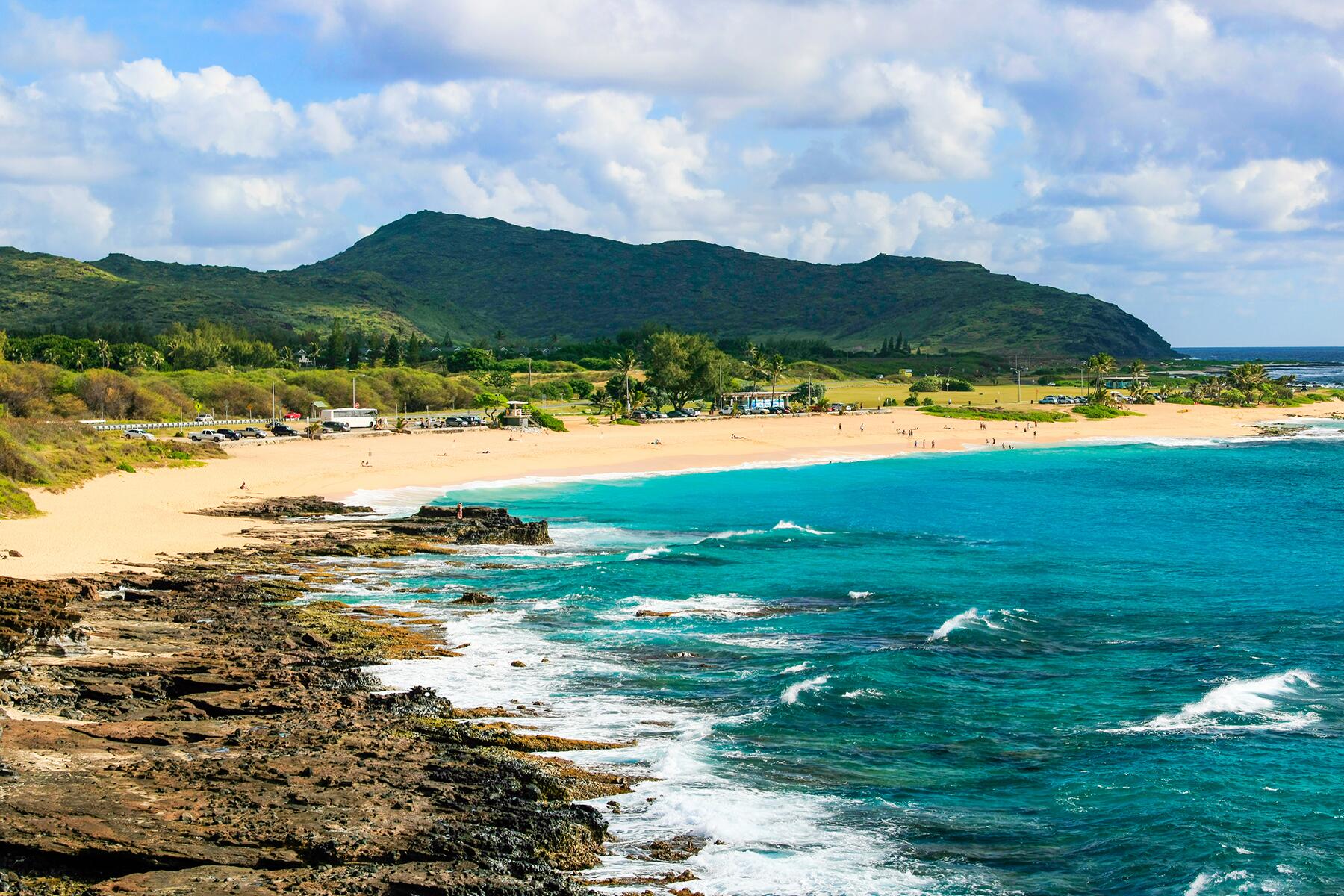Climate anxiety is affecting populations around the world.
Y
ear after year, we’re witnessing wildfires blazing through neighborhoods, homes washing away, people seeking shelter from cold waves and heat waves, and mass migration due to food and water scarcity. It’s not easy to consume and digest the news of such anguish, despair, and helplessness, and if you’re feeling overwhelmed by all of it, you’re not alone. Climate anxiety is affecting populations around the world.
Understanding Climate Anxiety
Dr. Susan Clayton, Whitmore-Williams Professor of Psychology at The College of Wooster, Ohio, defines climate anxiety as “a suite of negative emotions, including anxiety, but possibly also grief, guilt, and anger, associated with the awareness that climate change is occurring.” She points out that it’s not a mental illness, but a response to what’s happening in the world. “The symptoms include difficulty sleeping, concentrating, or controlling negative emotions.” It can become overwhelming, and people may need help coping.
According to one study, nearly 60% of 16- to 25-year-olds are worried about climate change. Dr. Erica Dodds, COO of the Foundation for Climate Restoration, tells Fodor’s that young people are struggling to imagine their futures, not because of endless possibilities, but because they feel they won’t have a future at all. “For their sake, I think it’s critical that we balance our dialogue about the severity of our climate crisis with coverage about the innovative solutions and opportunities that are becoming available to fix it.”
Recommended Fodor’s Video
What Can You Do?
Participating in activities can help, according to Dr. Clayton. “What people need is help to feel more in control of the situation. Getting involved in doing something about it (for example by writing to elected officials or joining an activist group) is also empowering in a way that can help deal with anxiety.” She suggests getting professional help if worrying about the climate starts making normal things like sleeping, studying, working, or socializing difficult.
Coping with eco-anxiety means asking for social support from friends and family who are also concerned about the climate or climate-aware therapists. Learn ways to regulate negative emotions, suggests Dr. Clayton, and take breaks from reading about climate change and stop doomscrolling.
Media and social media may be aggravating it by focusing on doomsday stories, but stopping coverage altogether won’t be helpful. People shouldn’t completely cut themselves off from the news because that’s another extreme. Spend some time in nature to give yourself a break, and look for positive stories about communities successfully protecting their environments. Apart from climate action, getting involved with the local community will help build connections, so look at community kitchens, volunteer when you travel, and join support groups.
The Climate Psychology Alliance is a good place to find resources and climate-aware therapists, Dr. Clayton suggests. There are virtual and offline climate cafes that encourage people to discuss their fears about the climate. The Good Grief Network offers a 10-step program to aid those who want to process their grief related to the planet. Conversations are also happening on clinical psychologist Margaret Klein Salamon’s platform Climate Awakening—anyone can register for free to listen and share stories.
It’s also important to focus on solutions and innovations. The situation is depressing, but it’s not as bad as some people make it to be, says Dr. Clayton, who is also an author on IPCC’s Sixth Assessment Report.
Individual Action
Research shows that people are deciding not to have children because of climate change. They are worried about the catastrophes their kids will have to experience due to a worsening environment and they’re also concerned how more humans will add to the problem. Travelers are also rethinking flying. The flight shaming movement started in Sweden in 2017 and it has gained momentum around the world with people cutting back their airtime and finding other means of transportation.
But there’s another thing to remember: an average person’s behaviors are not driving climate change. A 2017 study revealed that 100 companies were responsible for 71% of global carbon emissions—Shell, Chevron, BP, and ExxonMobil were the highest emitters since 1988. For years, companies have shifted the blame on individuals while controlling the narrative. Carbon footprint became a household concept after a media campaign by BP in 2005 and fossil fuel companies continue to block regulations.
Related: Should You Let Airlines Guilt You Into Paying More?
“No one should feel that they are single-handedly responsible, either for the problem or for the solution,” Dr. Clayton says. Actions fall along a spectrum—they’re not just good or bad, so it’s important to consider a personal “environmental impact assessment” to know the effects of your behavior. “Are there more sustainable behaviors that would provide me the same benefits, or almost the same benefits? There are definitely more and less sustainable ways to travel, for example. Children are many things in addition to their environmental impact, so if someone really wants children they should have one or two, but focus on raising the children to care for the natural environment.”
There are many things that we can all do differently. Hiring electric cars, traveling via train, eating local and cutting down on meat, and booking eco-friendly tours and hotels. Similar changes at home too can have an impact. “Changing our lifestyles has the potential to bring benefits in addition to reducing the level of climate change. This could be an opportunity for a positive societal transformation,” Dr. Clayton advises.
Dr. Dodds adds, “Restoring our climate is a marathon, not a sprint. While any one of us could conceivably choose to do only things that are good for the planet, it’s unlikely that we could maintain those behaviors indefinitely. It’s important to weigh both the environmental pros and cons and the personal pros and cons.”
Related: This Popular Tourist Activity Is Sending Climate Change Into Overdrive




